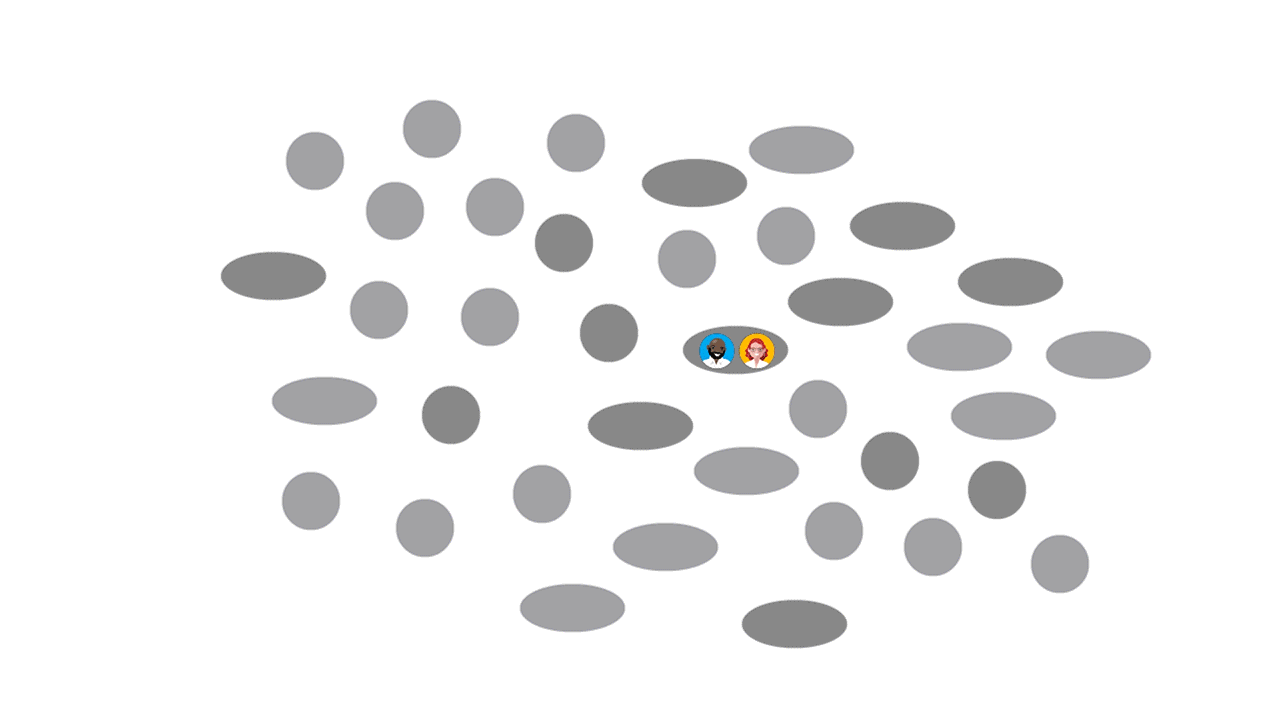SIKE Cryptographic Challenge
CHALLENGE DESCRIPTION
Supersingular Isogeny Key Encapsulation (SIKE) is a candidate algorithm for the upcoming post-quantum cryptography standard. It was proposed by a collaboration of researchers and engineers from across the globe.
The SIKE Cryptographic Challenge invites researchers from across the globe to attempt to break the SIKE algorithm for two sets of toy parameters, and to share their findings with Microsoft. Qualified submissions are eligible for an award of $5,000 USD for the solution of the smaller instance and an award of $50,000 USD for the solution of the larger instance.
This challenge is subject to these terms and those outlined in the Microsoft Bounty Terms and Conditions.

AWARDS
The two challenge instances were generated during a live and recorded talk at NIST’s 3rd standardization conference on June 9, 2021. The instances (and the source code used to generate them) can be found here.
- The award for solving the $IKEp182 challenge was $5,000 USD and was claimed on August 28, 2021. $IKEp182 was solved by Aleksei Udovenko and Giuseppe Vitto.
- The award for solving the $IKEp217 challenge was $50,000 USD and was claimed on July 22, 2022. $IKEp217 was solved by Wouter Castryck and Thomas Decru.
SUBMITTING YOUR SOLUTION
Solutions and further guidance can be emailed to SIKE-challenges@microsoft.com with subject line “$IKEp182” or “$IKEp217”. Submissions must include the solution of the Supersingular Computational Diffie-Hellman (SSCDH) problem whose SHA3-512 hash matches those in the challenge documentation. If either of the specific SSI instances were solved in order to solve SSCDH, then the corresponding secret key must also be included. As with any cryptographic challenge, the solution must be accompanied by a detailed account of the algorithm/s and computational resources that were used.
REVISION HISTORY
- June 09, 2021: Challenge launched.
- October 04, 2021: The award for solving $IKEp182 was claimed.
- September 14, 2022: The award for solving $IKEp217 was claimed.
- January 11, 2023: Added acknowledgment information for the researchers that solved each instance.
